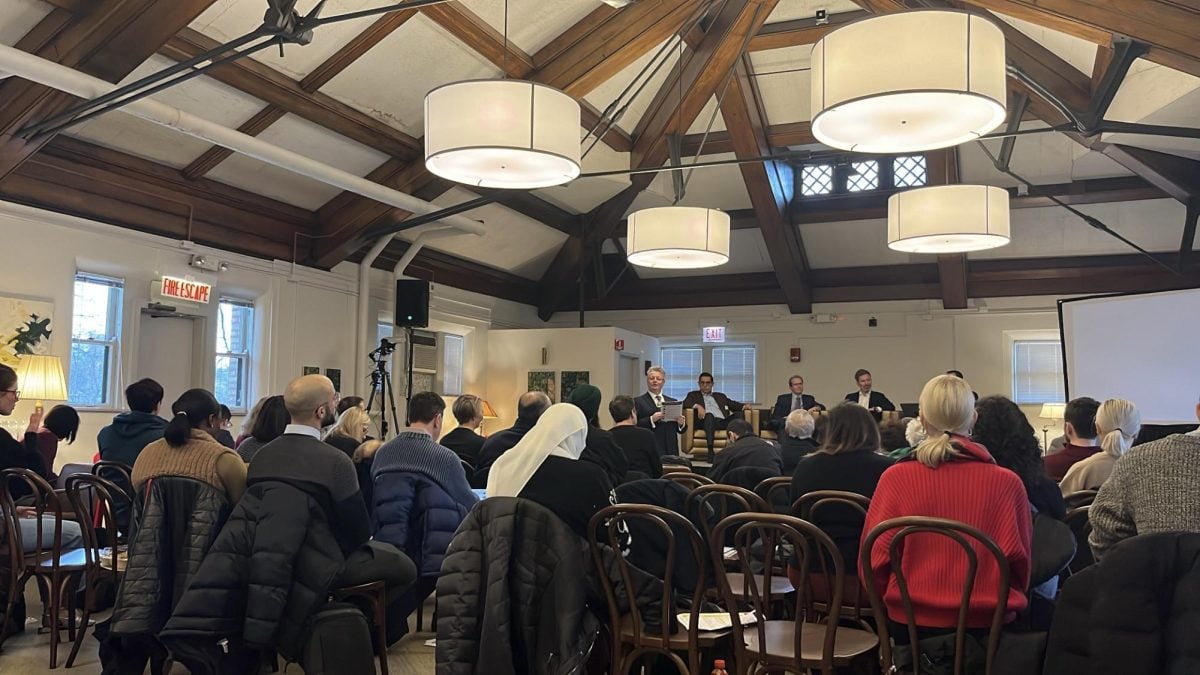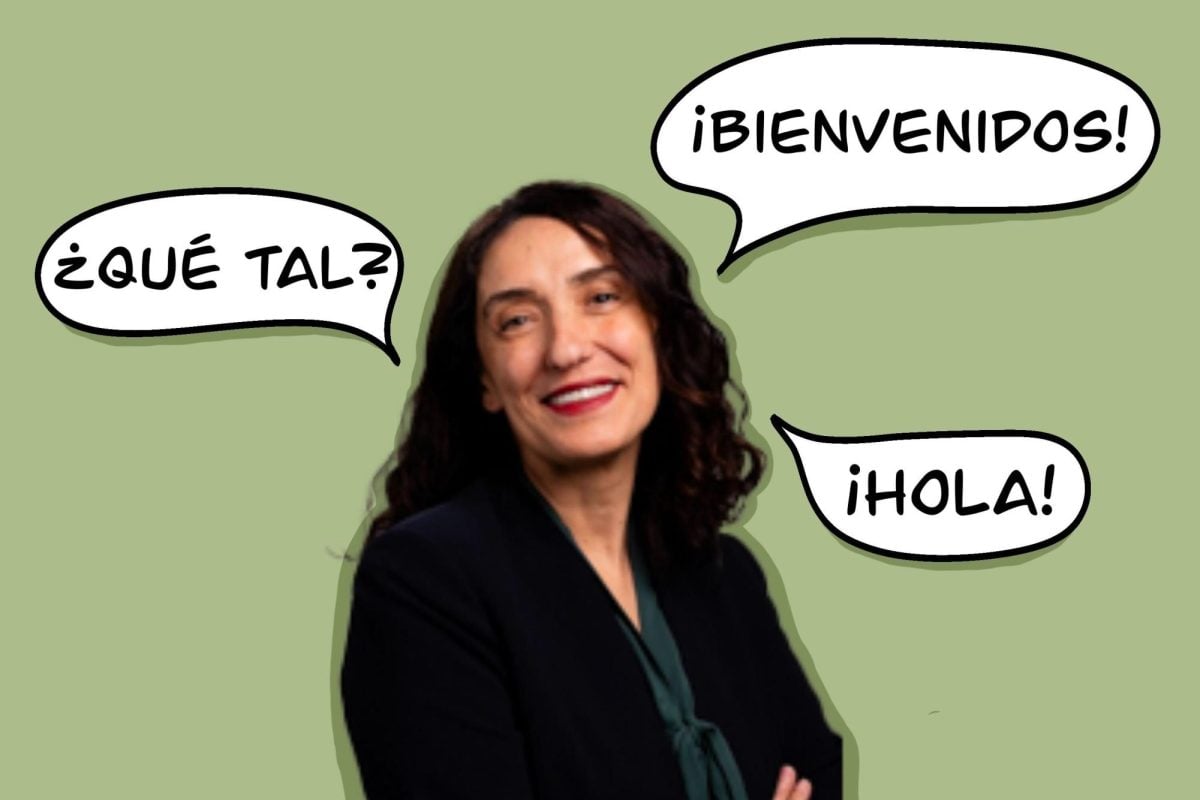Northwestern linguistic researchers recently invented Colbertian, a language inspired by the college’s 1986 graduate Stephen Colbert.
Students and teachers in the NU’s Bilingualism and Psycholinguistics Lab used the created language to study how knowing multiple languages might influence the process of learning a new one.
The participants in the study listened to Colbertian words to find what they thought was the matching image to the word, out of choices presented in the study. Researchers then studied the participants’ eye and hand movements, to see if they looked or moved toward the wrong choice because of an interference from their native languages.
Dr. Viorica Marian, principal investigator of NU’s Bilingualism Lab, said results from the study found that while learning the Colbertian language, bilinguals, those who speak multiple languages, experienced less interference from their native language then monolinguals, those who speak one language.
“If you are bilingual, as you learn a new language, you are better at inhibiting previous languages,” Marian said. ” So learning the new language becomes easier.”
Marian said those who were bilingual were not only better an inhibiting languages, but they were also better at inhibition in general. This skill includes blocking out outside thoughts and distractions and a better overall ability to focus.
She said that they hope to continue studying how becoming familiar with multiple languages could help delay or prevent disorders such as dementia, ADHD or Alzheimer’s disease.
“What’s exciting is that bilinguals could keep the aging mind sharper, ” Marian said.
The researchers hoped to draw attention to the study by using Stephen Colbert’s last name. The language includes words, such as “shundoe” and “lateep,” that participants in the study tried to learn. Marian said because the speakers in the study spoke either only English or English and Spanish, the researchers used Colbertian words since they had no similarities with the Spanish or English language.
This prevents participants in the study from having an unfair advantage by recognizing the language they are learning, Marian said.
“Colbertian allowed us to understand how people learn languages, and how the brain process works,” Marian said.
Editor’s Note: This story has been updated to reflect three spelling corrections.






